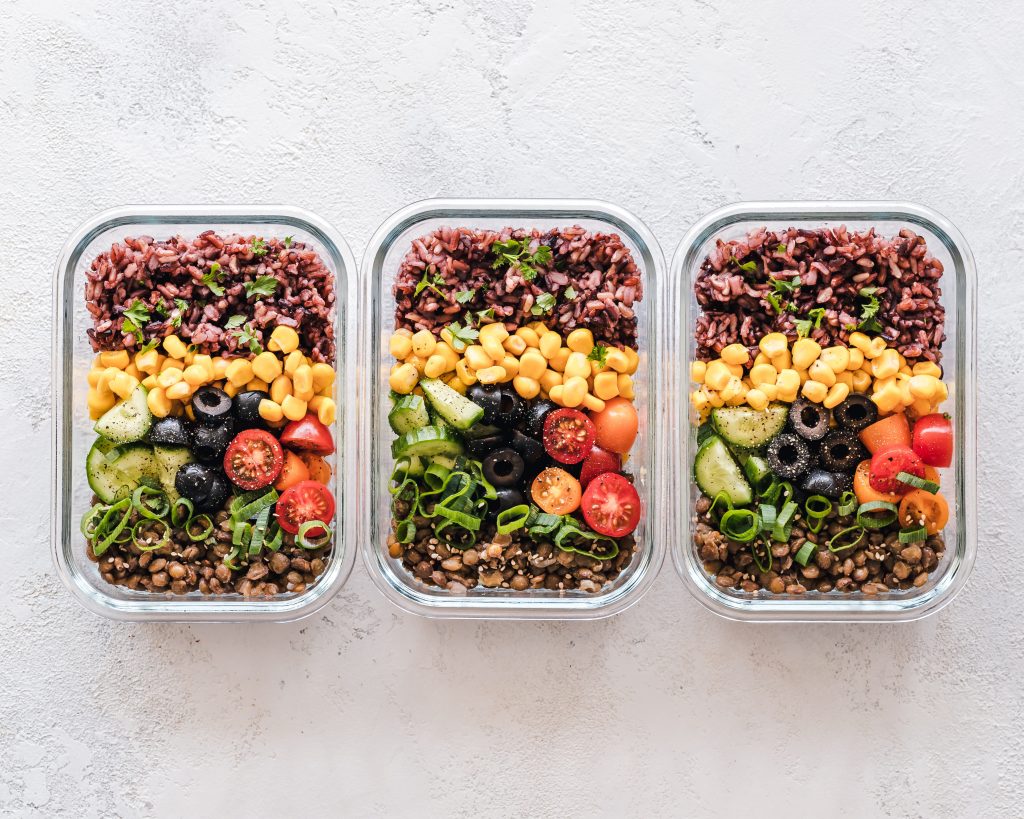Nutrition Planning – How to Plan a Balanced, Nutrient-Rich Diet
We may earn a commission for purchases made using our links. Please see our disclaimer to learn more.
Nutrition Planning – How to Plan a Balanced, Nutrient-Rich Diet
Introduction: The Importance of Nutrition Planning
Have you ever thought about what’s on your plate? It’s not just about filling your belly—it’s about nourishing your body and mind. That’s where nutrition planning comes into play.
What is Nutrition Planning?
Simply put, nutrition planning is the process of organizing your diet to ensure that you’re consuming a balanced array of nutrients essential for good health. But why should you care?
Firstly, unlock the secrets of Nutrition Planning and truly discover a healthier you. Dive into a balanced, nutrient-rich diet and, consequently, transform your well-being today. Moreover, see the change it brings!
The Basics of a Balanced Diet
Navigating the world of nutrition might seem complex, but at its heart, it’s about balance and variety. Balanced diets are fundamental to well-being. They provide essential vitamins, minerals, and energy. Balanced diets are fundamental to well-being.
They provide essential vitamins, minerals, and energy. Every meal should combine proteins, carbs, and healthy fats. Also, consider fiber and hydration. Discover the diet basics herein.
Macronutrients: Carbs, Proteins, and Fats
Remember the analogy of a car? Our bodies are similar. Carbs are our fuel, proteins are our building blocks, and fats keep everything running smoothly.
Understanding macronutrients is pivotal in nutrition planning. Carbs, our primary energy source, keep us active.
Proteins, the body’s building blocks, aid in repair and growth. Fats, often misunderstood, are vital for numerous bodily functions. To achieve a balanced, nutrient-rich diet, one must harmonize these three elements. Here, we’ll delve into their significance and integration for holistic health.
Every meal should combine proteins, carbs, and healthy fats. Also, consider fiber and hydration. Discover the diet basics herein.
Micronutrients: Vitamins and Minerals
Imagine a complex machine with multiple small cogs and parts. That’s our body. Micronutrients might be ‘micro,’ but they play massive roles in our wellbeing. Micronutrients, though tiny in quantity, pack a potent health punch.
Vitamins orchestrate cellular functions, while minerals bolster body structure and catalyze reactions. Integrating these elements into a diet ensures vibrancy and wellness, underscoring their indispensable role in nutrition planning.
The Role of Water in Our Diet

Ever tried running a machine without oil? That’s what a body without water is like. It’s vital and often overlooked.
Risks of Not Planning Your Diet Properly
Skipping the planning phase can lead to pitfalls. And trust me, they’re not pleasant. Neglecting diet planning carries risks. Imbalanced diets can lead to nutrient deficiencies, impacting vitality and health.
Without careful planning, we risk fatigue, weakened immunity, and chronic conditions. Prioritize informed nutrition choices for long-term wellness.
Nutrient Deficiencies
Just as a car would sputter without fuel, our bodies lag without the right nutrients. Nutrient deficiencies sneak up silently, undermining health. Lacking essential vitamins or minerals can manifest in fatigue, poor immunity, or chronic ailments. Proper diet planning is the shield against such gaps. Grasp the intricacies of nutrient deficits and fortify your diet for holistic wellness here.
Nutrient deficiencies can be subtle yet debilitating. Missing vital elements may lead to anemia, weakened bones, or impaired cognition. Consistent, well-planned nutrition is the remedy. Recognizing signs and incorporating diverse foods is paramount. Dive deeper into understanding and counteracting nutrient shortfalls for a robust health foundation.
Risk of Chronic Diseases
An unplanned diet can lead to significant health issues down the line. Why risk it? Chronic diseases often stem from dietary missteps. A nutrient-poor diet can pave the way for heart disease, diabetes, and obesity. Proper nutrition planning acts as a safeguard. By ensuring a balanced intake, we reduce disease risk and promote longevity. Explore how diet intricacies correlate with chronic conditions here.
Neglecting balanced nutrition elevates chronic disease risks. Inadequate diets may foster hypertension, osteoporosis, or even certain cancers. A well-planned, nutrient-rich diet is the frontline defense. By understanding and incorporating vital nutrients, we fortify our health barrier against these ailments. Delve into the interplay between diet and disease prevention for a brighter, healthier future.
Mental Health Implications
Did you know? What you eat can directly influence how you feel emotionally.
Tips for a Nutrient-Rich Diet
Let’s shift gears and explore ways to ace that nutrition game.
Diversify Your Food Palette
Ever heard the saying, “Variety is the spice of life”? It’s true for your diet too!
Reading and Understanding Food Labels
Decoding these can feel like solving a puzzle, but with the right tips, you’ll be a pro.
The Magic of Meal Prepping

Why wing it when you can plan it? Meal prepping is like setting GPS coordinates for a successful nutrition journey.
Taking the Next Steps: Tailoring to Individual Needs
Because we’re all unique, and our diets should reflect that. Unlock the secrets of Nutrition Planning and truly discover a healthier you. Dive into a balanced, nutrient-rich diet and, consequently, transform your well-being today!
Consideration for Vegetarians and Vegans

Plant-based diets can be just as nutrient-rich. Here’s how.
Adjusting for Allergies and Intolerances
Eating should be a pleasure, not a risk. Let’s ensure you’re safe.
Conclusion: Embrace a Balanced Lifestyle
Nutrition planning isn’t about restrictions. It’s about choices, balance, and ensuring that our bodies get the best. After all, we’ve only got one body. Shouldn’t we fuel it right?
FAQs
- What’s the difference between macronutrients and micronutrients?
- Macronutrients provide energy and are consumed in larger amounts. Micronutrients are essential for various physiological functions and are required in smaller quantities.
- How much water should I be drinking daily?
- While the common recommendation is eight 8-ounce glasses a day, it can vary based on individual needs and activity levels.
- Is meal prepping expensive?
- Not necessarily. With smart shopping and bulk purchases, meal prepping can be cost-effective and save money in the long run.
- Do vegetarians and vegans need to take supplements?
- While a well-planned plant-based diet can be nutritious, some might need supplements, such as B12, depending on their dietary choices.
- Can I start nutrition planning at any age?
- Absolutely! It’s never too late to start making healthier choices.




